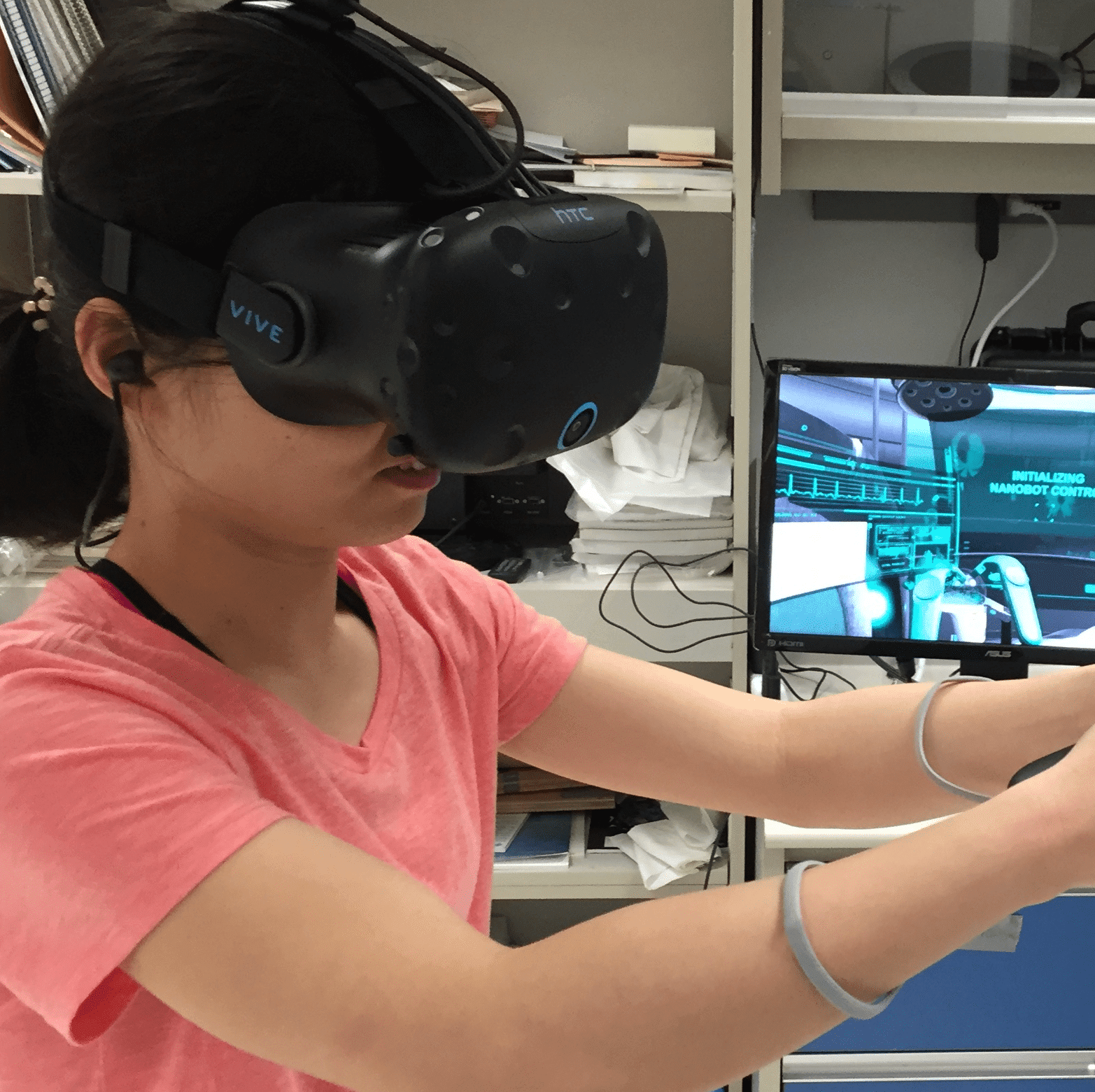25-S105 Inside the Matrix – the Growing World of Virtual Reality – Bin Zheng
$60.00
Virtual reality (VR) is an immersive technology that transports users into a simulated three-dimensional environment, allowing them to explore and interact with a virtual world that closely approximates reality as perceived through their senses. With its ever-growing potential, VR is set to revolutionize various aspects of our lives, including education, entertainment and healthcare. In this comprehensive 10-hour course, we will overview technologies underpinning the design of virtual reality, focusing on how it engages our senses to create realistic experiences. Throughout the course, we will demonstrate how we apply these advancements to enhance healthcare service in various settings, including anti-depression and pain management. The course will utilize a blend of online didactic lectures and video demonstrations. Learners will gain insights into the challenges and barriers associated with integrating virtual reality into healthcare practices. We encourage active participation and welcome your valuable feedback. Together, we will explore the boundless possibilities that this exciting technology offers for shaping the future of healthcare education.
Instructor: Bin Zheng

Different from most medical researchers focusing on patients and their health problems, Dr. Bin Zheng put surgeons under the spotlight. Explicitly, Dr. Zheng studies performance and cognition of surgeons during surgery especially in image-guided and remote manipulated surgery such as endoscopic and robotic surgery. As an engineer with full training in medicine, Dr. Zheng tries to understand the surgeon’s eye-hand coordination and decision-making under stressful environments such as the operating room and emergency room. He then designs the training system to support our surgeons. Currently, Dr. Zheng is an Associate Professor in Surgery and holds the Endowed Research Chair in Surgical Simulation in the Department of Surgery of the University of Alberta. He collaborates with surgeons, engineers, clinical educators, and psychologists to develop simulators and evaluate educational outcomes of simulation-based programs. His long-term goal is to prompt the use of simulation in surgery for improving care quality and patient safety.






